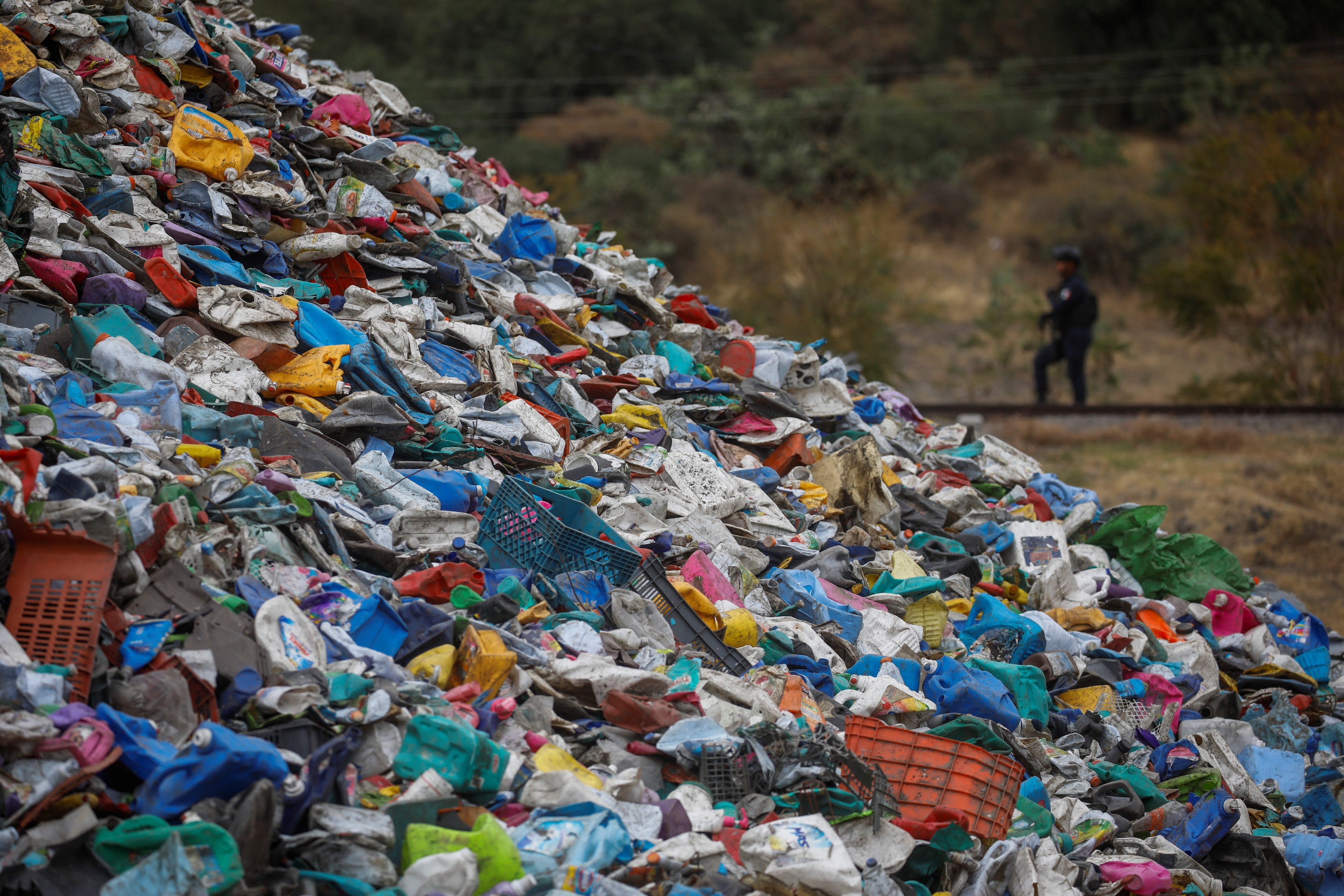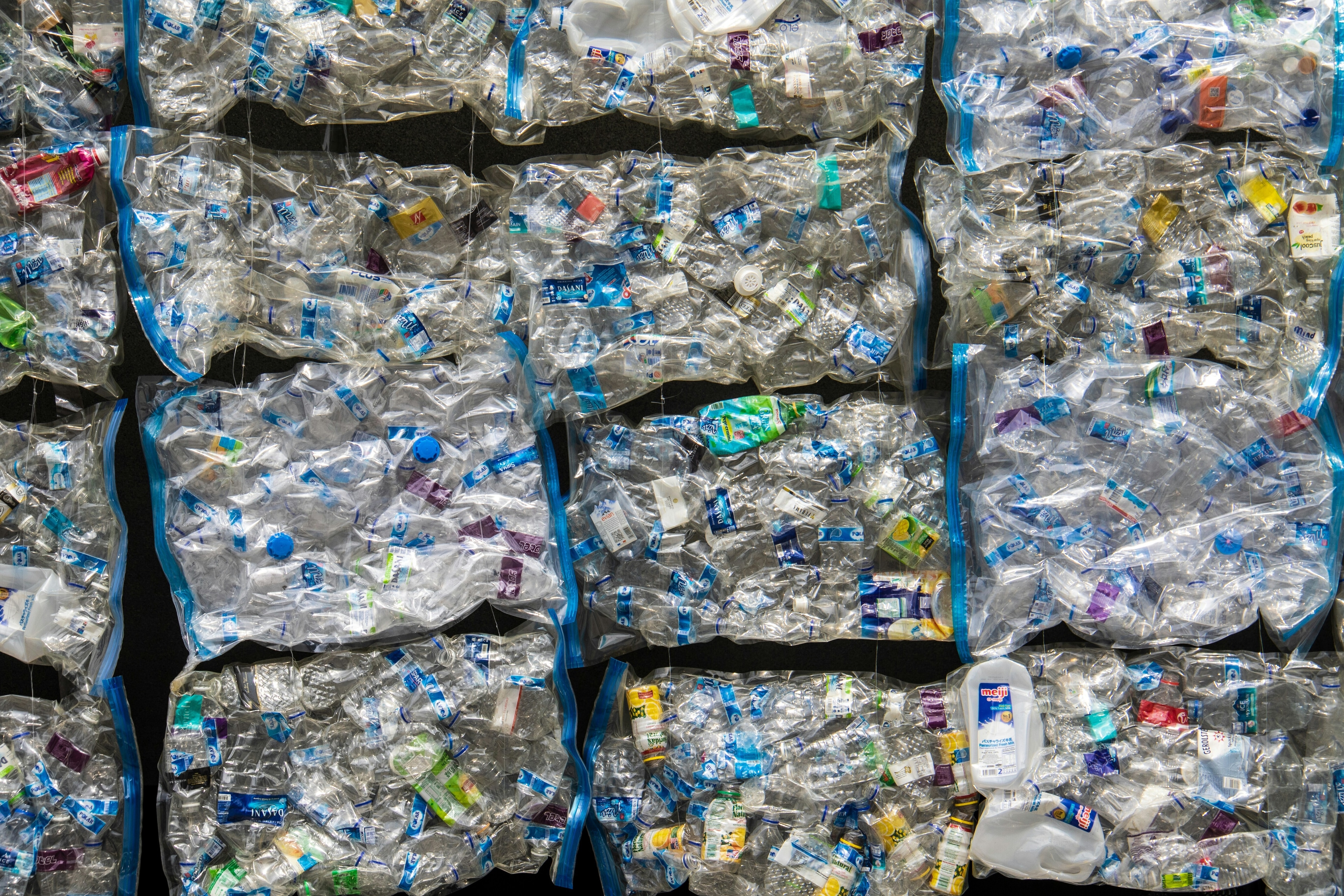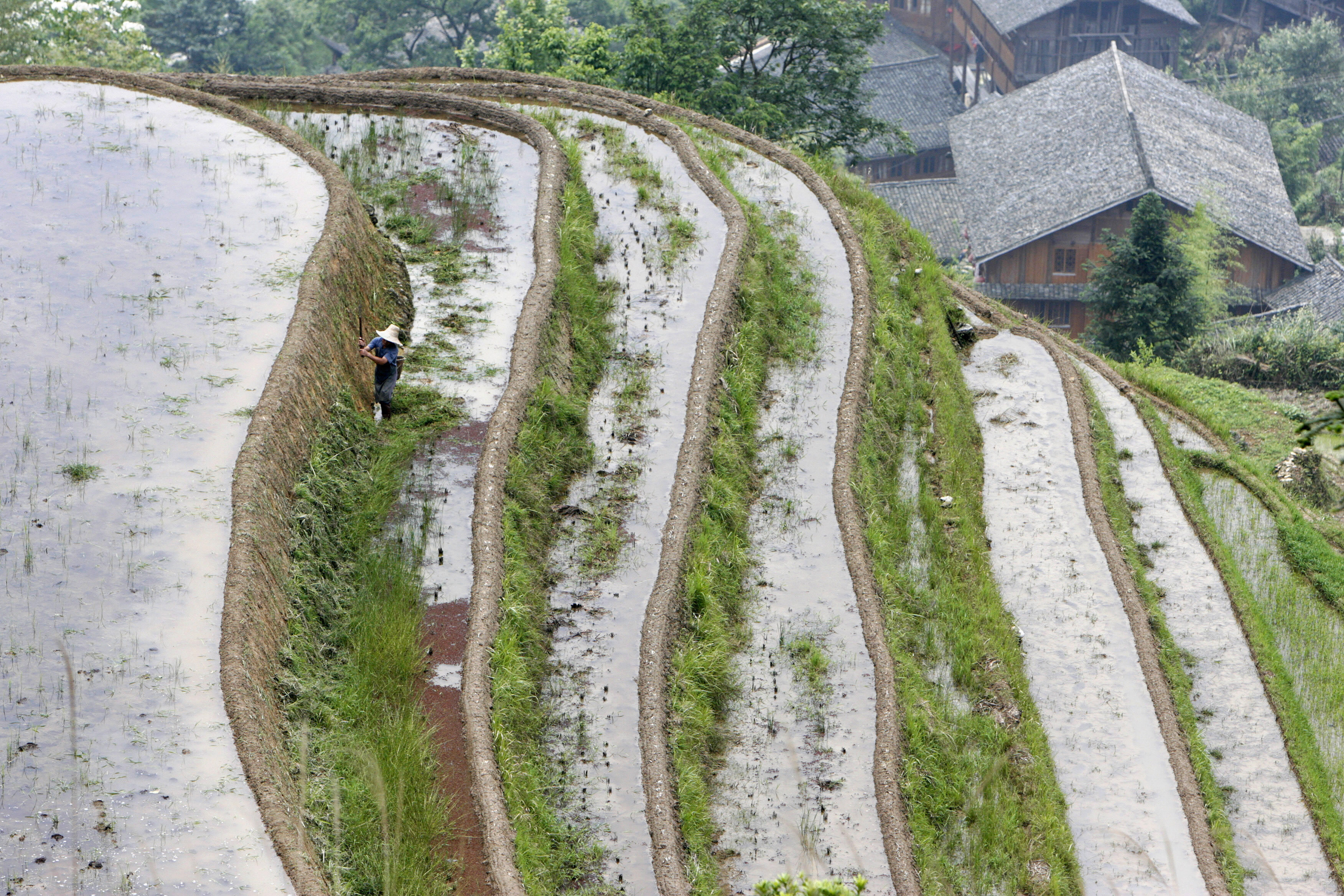Greta Thunberg is using the prize from her 'alternative Nobel' to set up a foundation

To 'promote ecological and social sustainability'.
Image: REUTERS/Pierre Albouy
Stay up to date:
Future of the Environment
- Climate activist Greta Thunberg won the Right Livelihood Award in December.
- She'll use the $100,000 prize fund to set up a non-profit in her name.
- The Greta Thunberg Foundation will 'promote ecological and social sustainability'.
Thunberg is among a growing list of people to dedicate funds to battling the impact of climate change, sparking discussions on the best use of this money.
Teen climate activist Greta Thunberg is using her prize money from an award known as the alternative Nobel to help set up a non-profit organisation in her name "to promote ecological and social sustainability".
Thunberg, 17, who won the Right Livelihood Award in December, will use the 1 million Swedish crown ($100,000) prize to establish the Greta Thunberg Foundation in Sweden.
The Swedish teenager said in January that she was establishing a foundation to handle the money she gets from book royalties, donations and prizes.
"We are convinced that Thunberg's new foundation will have a great impact and empower much-needed change," Ole von Uexkuell, executive director of the Sweden-based Right Livelihood Foundation, said in a statement on Thursday.
Thunberg, who was this month again nominated for the Nobel Peace Prize by two Swedish legislators, is among a growing list of people to dedicate funds to battling the impact of climate change, sparking discussions on the best use of this money.
Amazon's Jeff Bezos, the world's richest man, this week pledged $10 billion to fund scientists, activists, nonprofits and other groups fighting to protect the environment and counter the effects of climate change.
Don't miss any update on this topic
Create a free account and access your personalized content collection with our latest publications and analyses.
License and Republishing
World Economic Forum articles may be republished in accordance with the Creative Commons Attribution-NonCommercial-NoDerivatives 4.0 International Public License, and in accordance with our Terms of Use.
The views expressed in this article are those of the author alone and not the World Economic Forum.
Related topics:
Forum Stories newsletter
Bringing you weekly curated insights and analysis on the global issues that matter.
More on Nature and BiodiversitySee all
Pedro Gomez and Clemence Schmid
August 6, 2025
Tom Crowfoot
August 5, 2025
Hu Xiangdong and Felipe Carazo
August 1, 2025



